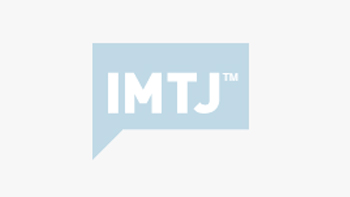South Africa and Tunisia, two of the most important medical tourism destinations in Africa, are changing their healthcare systems, while Ghana is making an entry into health tourism. South Africans are willing to pay for national health insurance, but only if they are guaranteed quality services, says a new survey from the Department of Health. A committee is drafting a policy for national health insurance that the government intends to bring it into effect by April 2010.
South Africa and Tunisia, two of the most important medical tourism destinations in Africa, are changing their healthcare systems, while Ghana is making an entry into health tourism.
South Africans are willing to pay for national health insurance, but only if they are guaranteed quality services, says a new survey from the Department of Health. A committee is drafting a policy for national health insurance that the government intends to bring it into effect by April 2010.The plan is a single health system to which all who can afford it contribute through payroll deductions and general taxes. Although the majority of respondents (62%) supported a progressive financing system where the proportion of income paid for healthcare increases with wealth, there were significant variations across the socioeconomic spectrum: the richest preferred proportional contributions, while the poorest preferred progressive contributions. The survey was based on interviews with 4800 households. It found the public health service was often not as bad as people feared, suggesting the government had some work to do to improve impressions about its facilities. Less than half (45%) of respondents said patients at public hospitals were treated with respect and dignity, basing their opinions on media reports and the experience of friends and family. But of those who had been admitted to a public hospital in the past year, more than half (57%) said they had been treated with respect and dignity.
The Health Minister of South Africa says that the country is in a favourable position to develop medical tourism industry. This has provoked a debate on serious underlying issues with respect to the management of its public healthcare system, and whether or not expansion of the private sector through medical tourism is a diversion from core concerns that deters foreign direct investment.
In Tunisia, health as a fundamental right for all citizens is in President Ben Ali’s electoral programme that focuses on “Health: a basic right and an essential foundation for quality of life”. Tunisia will focus on establishing a modern healthcare system, and achieving greater performance of hospitals and healthcare institutions, by establishing a code of public health and setting up a higher health council.
Promoting health tourism in line with international standards will be achieved through developing a plan to promote the health-spa sector and endeavoring to make sure Tunisia holds top rank in the world in thalasso-therapy. All this will be consolidated through establishing a national centre for documentation on medical research.
The West African country of Ghana is now targeting health tourists. Medical tourism is flourishing in Ghana because the country is embracing modern medical care and is trying to become a beacon for Africa in terms of development. Cosmetic surgery, massages and detox are popular among visitors from other African countries. Holy Trinity Health Spa on the banks of Ghana’s River Volta offers massage, hydrotherapy and beauty treatments, as well as cosmetic surgery. It is attracting hundreds of foreign visitors a year, with the offer of cut-price treatment administered by doctors mostly trained in Western medical schools. The clinic is attracting customers from all over West Africa and beyond.








 ©2024 All rights reserved LaingBuisson
©2024 All rights reserved LaingBuisson 


